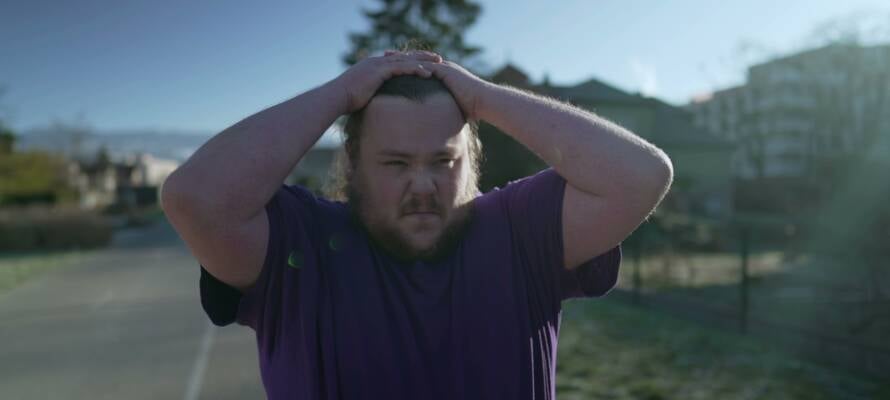There is no embarrassment in making mistakes – unless we fail to learn from them.
By Rabbi Ari Enkin, Rabbinic Director, United with Israel
This week’s Torah portion is the double portion of “Matot-Maasei” (Numbers 30:2–36:13).
In the portion of Maasei, we read about the 42 encampments where the Jewish people stopped during their 40 years of wandering in the desert. It is noted that such information seems to have zero practical value considering that it is ancient history unlikely to ever repeat itself in any way. Nevertheless it is elaborated upon disproportionately. Every stop. Every name. Every neighborhood. Why the details?
One answer is that the names of some of the encampments are meant to remind us of incidents that took place there so that we can learn from those experiences. For example, our sages teach us that the station “Rephidim” is named such to remind us (by poetic license and in a play-on-words) of what happened when the Jewish people neglected Torah study (they were attacked by the Amalekites). As such, when reading about Rephidim, we should recall the importance of Torah study. Another station named “Kivrot Ha’taava” can be seen as a play on words alluding to the ills of pursuing one’s lusts and desires (“Taava” means lust and desires). And so on.
It would be much more efficient to say, “The Jewish people left Egypt and they arrived in the land of Israel 40 years later.” Modern-day Judaism would really be no different if the Torah had left out the names of each of the 42 places. However, the Torah does not record it in that simple way. The name of each of the stations is included to not their significance. We recall the troubles they had at the various stops along the way, their defeats, and the way they behaved. All of this is important. (Don’t worry…some of the stations and their names remind us of good things too!)
So, there is value in reading about all the stations. Indeed, while most people prefer to forget the mistakes of their pasts, the Torah encourages us to learn from them in order to become better people. Trying to forget the past ultimately ends up being more detrimental than helpful.
Just like the Jewish people had a physical journey, all of us have an emotional journey. We all have many “stations” in life that we need to overcome and learn from. Life is never a direct and straight path. Just like WAZE, we are constantly rerouting and trying to get better.
